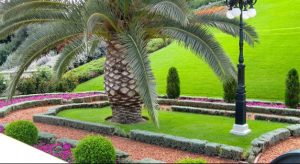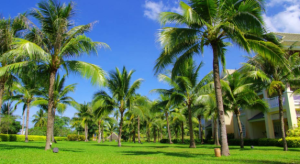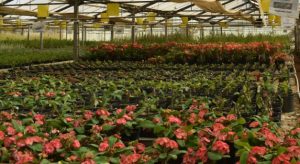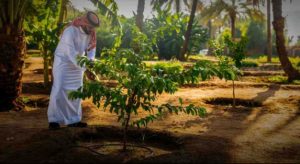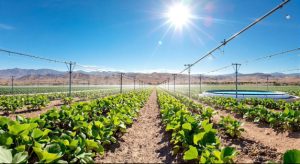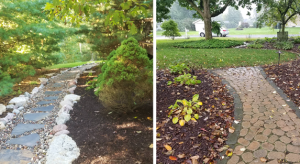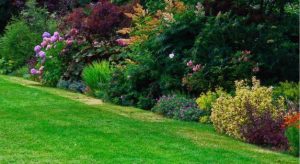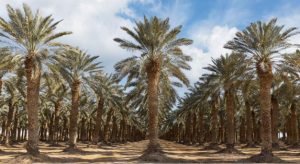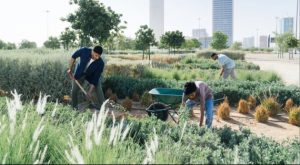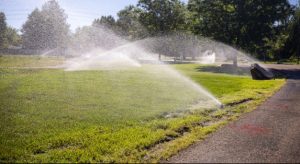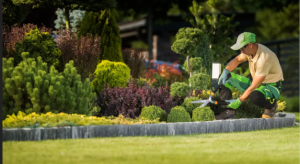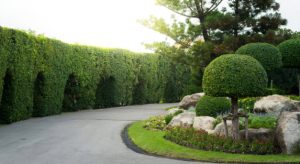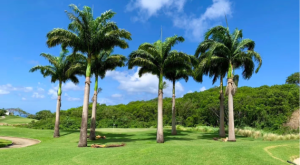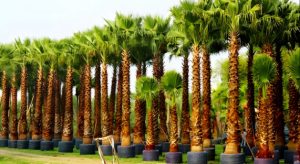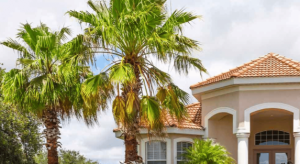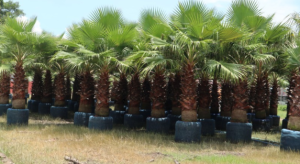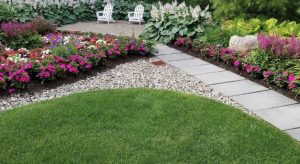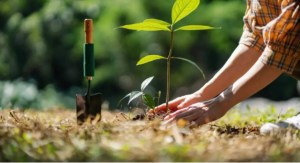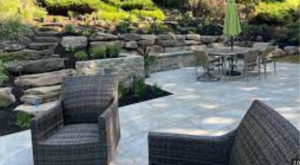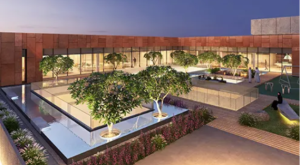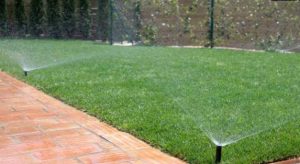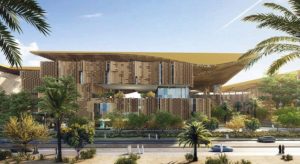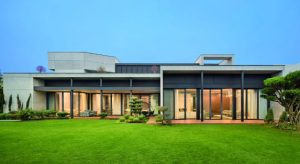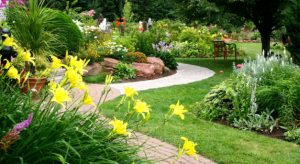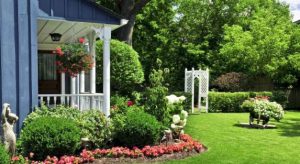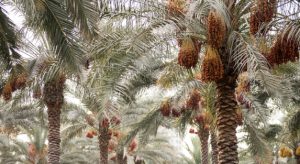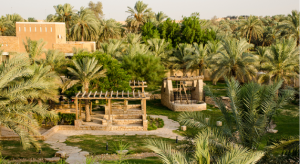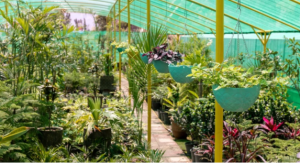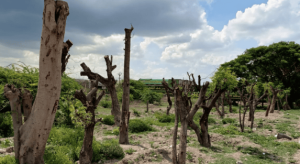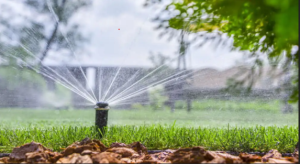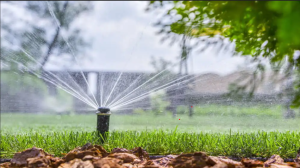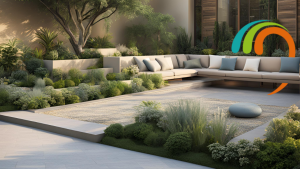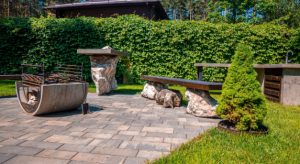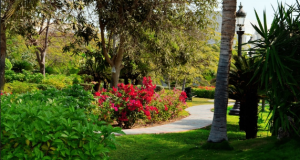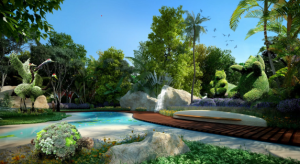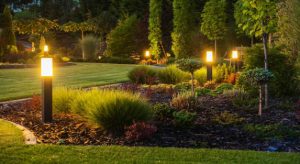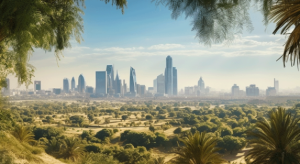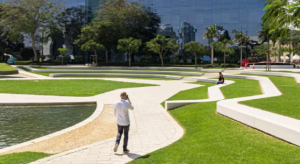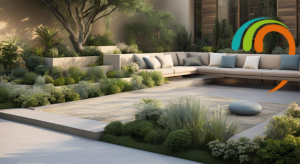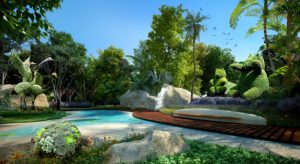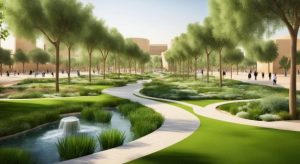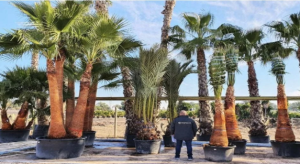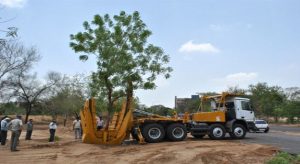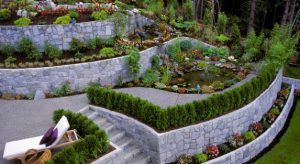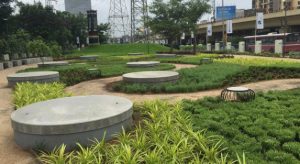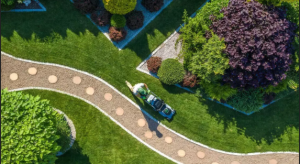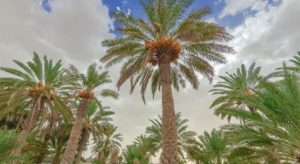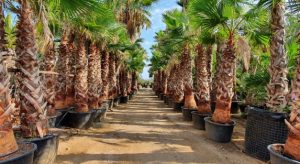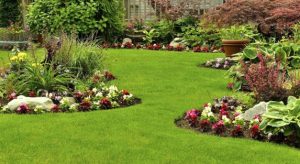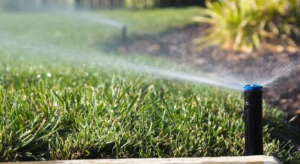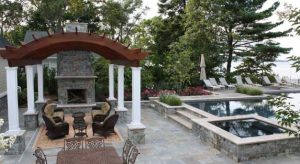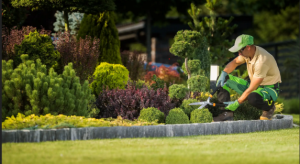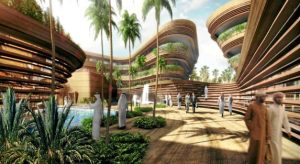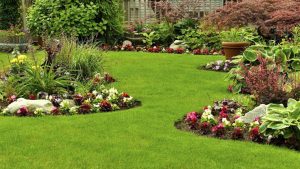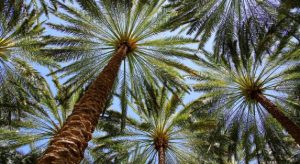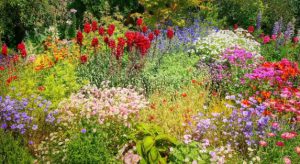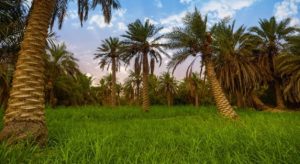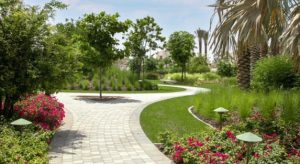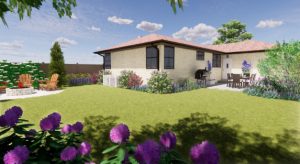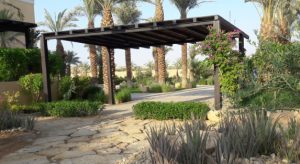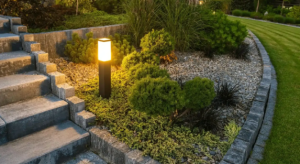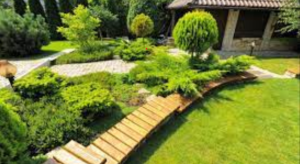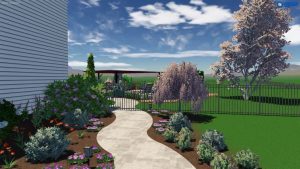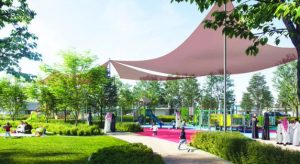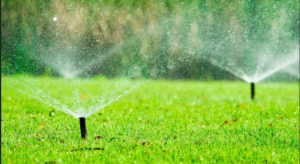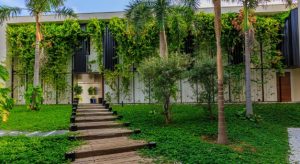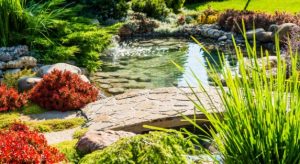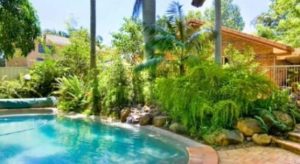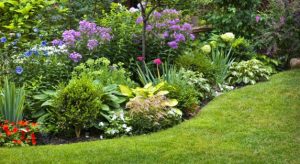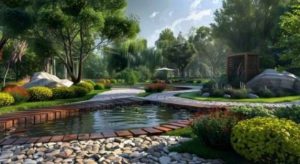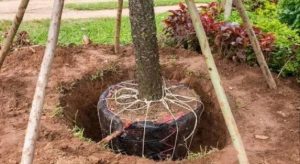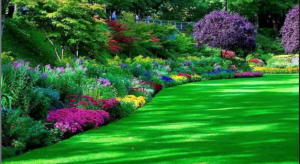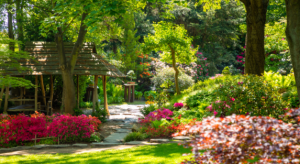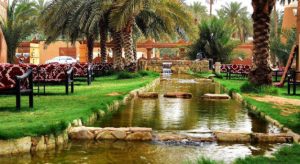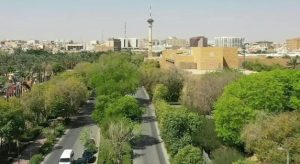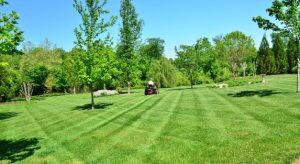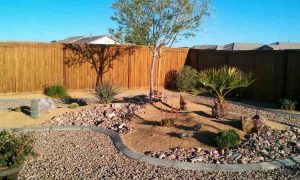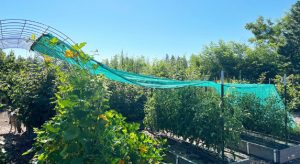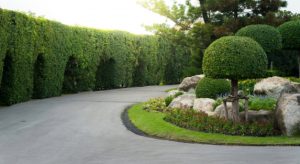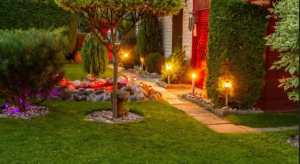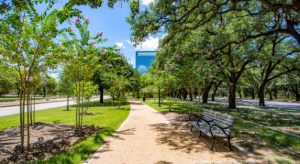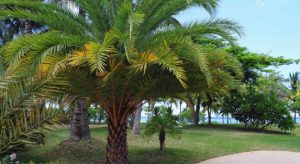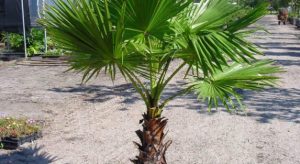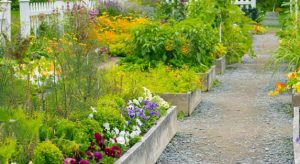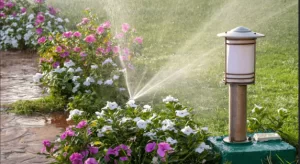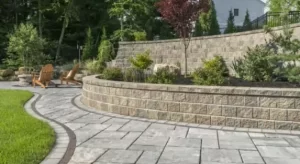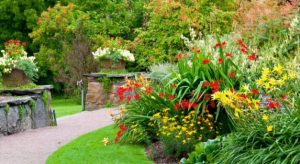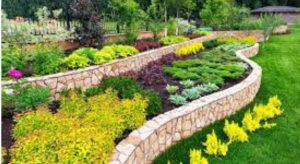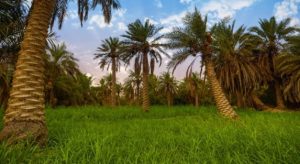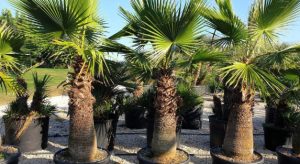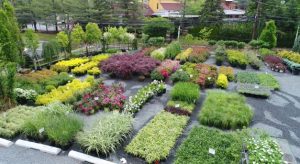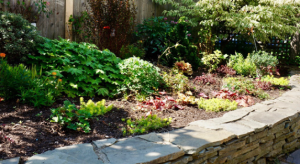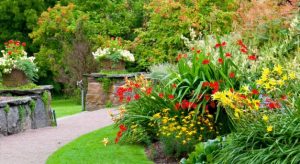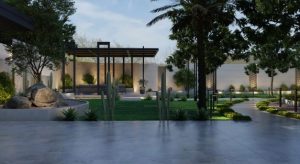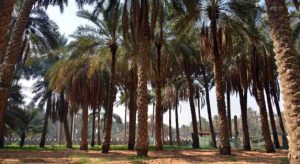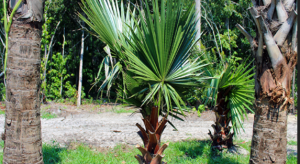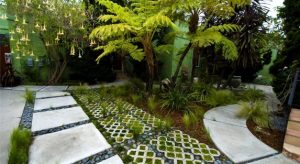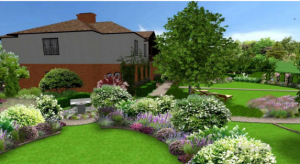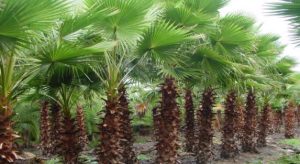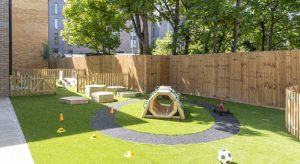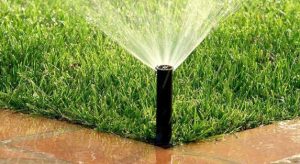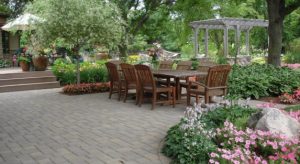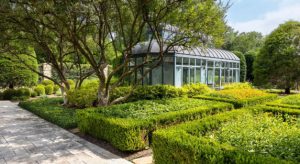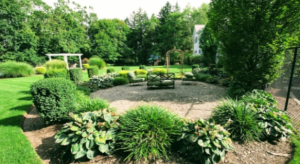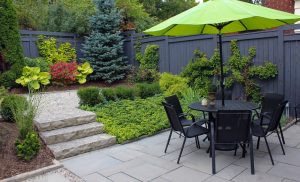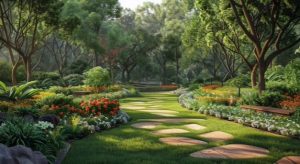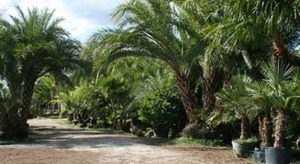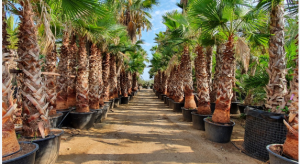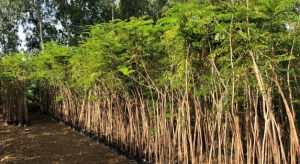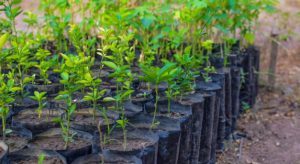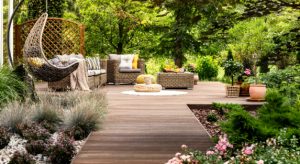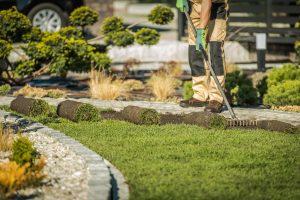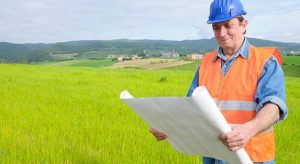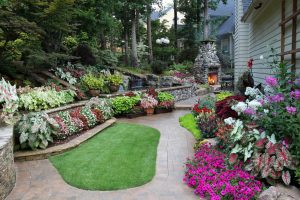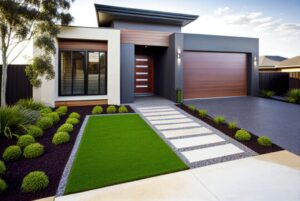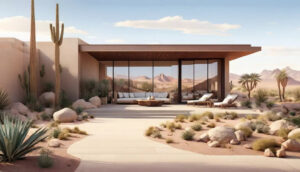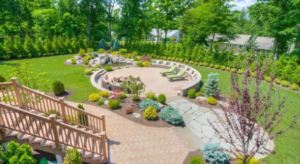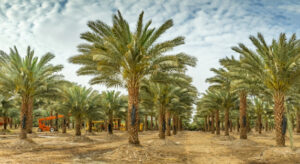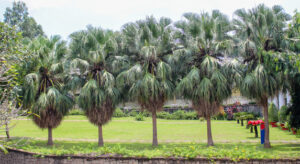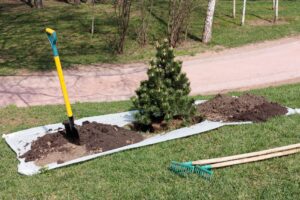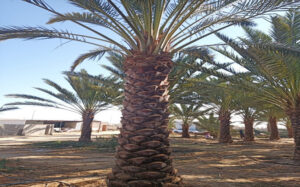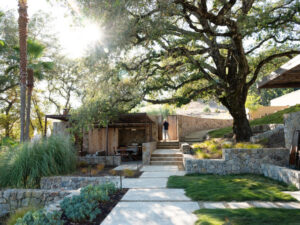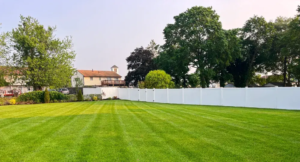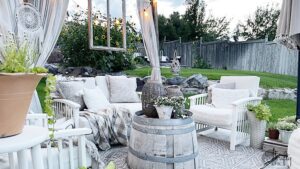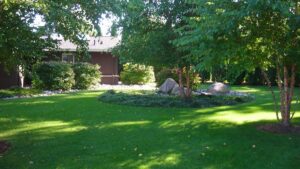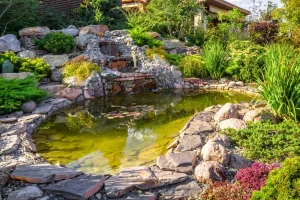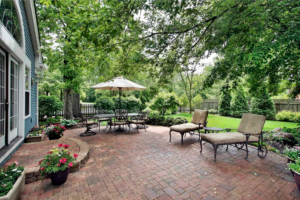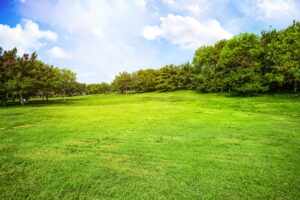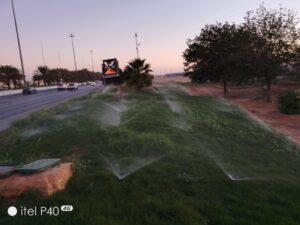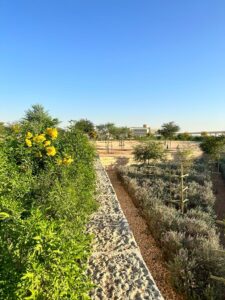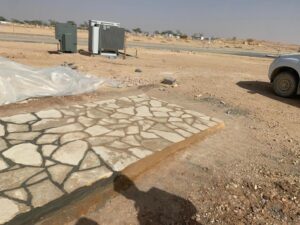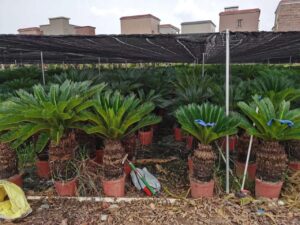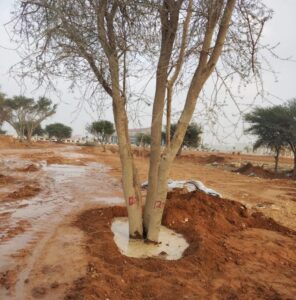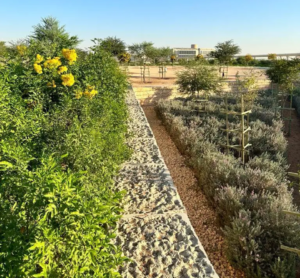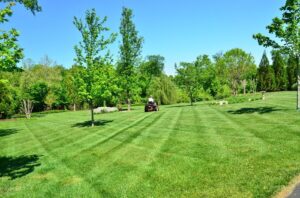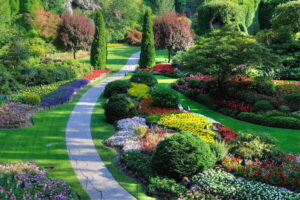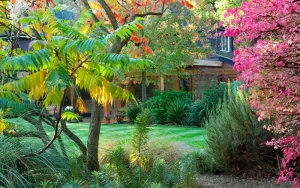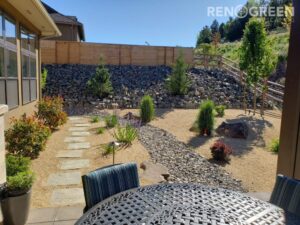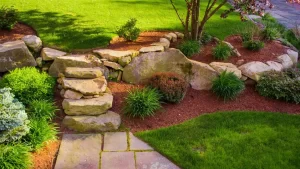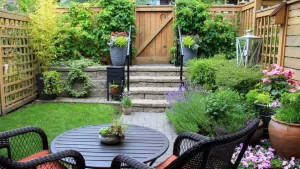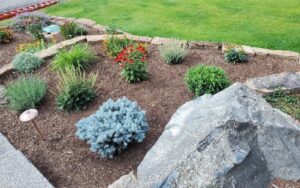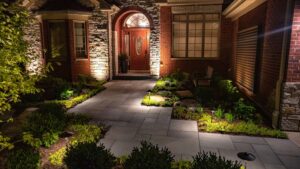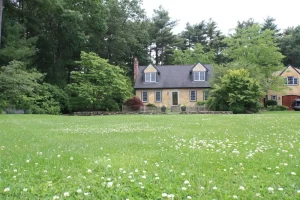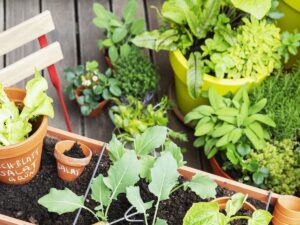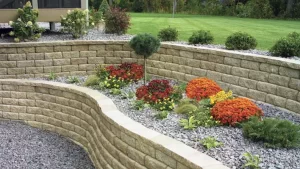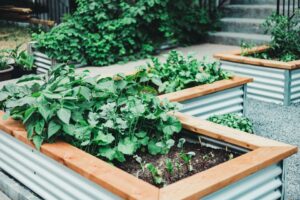How Landscaping Boosts Tourism and Hospitality Projects
18 September, 2025
In today’s tourism and hospitality industry, the way a property looks and feels can make or break a guest’s overall impression. While luxurious interiors and five-star amenities matter, the first interaction a visitor has with any hotel, resort, or recreational facility usually begins outside—with the landscape. The design, beauty, and functionality of outdoor spaces often set the tone for the entire experience. In Saudi Arabia, this aspect is becoming increasingly significant, especially with the government’s Vision 2030 initiative, which aims to position the Kingdom as a global hub for tourism. From luxury hotels in Riyadh to futuristic destinations like NEOM, landscaping plays a central role in creating memorable experiences that attract both local and international visitors.
Unlike in cooler climates, where natural greenery flourishes effortlessly, Saudi Arabia faces unique challenges due to its arid desert conditions. This makes landscape services in Saudi Arabia a specialized field that combines creativity, cultural relevance, and sustainability. Landscaping professionals in the region are not just beautifying properties but also creating functional, eco-friendly, and culturally meaningful environments. These efforts align perfectly with the goals of hospitality businesses, which seek to offer unique, relaxing, and unforgettable guest experiences.
As competition in the tourism sector grows, hotels and resorts are realizing that well-designed landscapes do more than beautify—they increase property value, strengthen brand identity, and enhance customer satisfaction. With the right blend of native plants, water features, shade structures, and modern irrigation systems, outdoor spaces can be transformed into attractions in themselves. Simply put, landscaping is no longer an optional investment but a necessity for hospitality projects aiming to succeed in Saudi Arabia’s rapidly expanding tourism market.
The Growing Importance of Landscaping in Hospitality
The importance of landscaping in the hospitality industry cannot be overstated. When guests arrive at a hotel, resort, or tourist attraction, they don’t immediately encounter the reception desk or the luxury suite—they first experience the outdoor environment. This initial impression heavily influences their perception of the entire property. A well-maintained landscape can evoke feelings of calmness, luxury, and exclusivity, while a neglected one can instantly turn visitors away. In a country like Saudi Arabia, where the tourism sector is witnessing unprecedented growth, this makes landscaping an indispensable part of the hospitality ecosystem.
Modern landscape services in Saudi Arabia go beyond the traditional approach of simply planting trees or arranging flowers. They now incorporate advanced design principles that create immersive experiences. For example, resorts along the Red Sea are integrating beachfront landscaping with native plants, shaded pathways, and open-air lounges that blend seamlessly with the natural surroundings. In Riyadh and Jeddah, luxury hotels are creating cultural landscapes that reflect Saudi heritage through palm-lined courtyards, traditional water features, and Islamic garden design elements. This fusion of modern hospitality and cultural identity helps properties stand out in a highly competitive market.
Moreover, landscaping directly impacts guest satisfaction. Visitors often value outdoor experiences just as much as indoor ones, especially in leisure-oriented hospitality projects. A serene garden, a shaded seating area, or a beautifully lit walkway can significantly enhance relaxation and enjoyment. From a business perspective, this translates into positive reviews, higher return visits, and stronger word-of-mouth marketing. In the age of social media, landscapes also serve as photogenic backdrops that guests love to share online, giving hotels and resorts free promotion. Thus, in Saudi Arabia’s evolving hospitality sector, landscaping is not just about aesthetics—it is about creating lasting guest experiences that drive growth.
How Landscaping Adds Value to Tourism Projects
One of the key ways landscaping boosts tourism and hospitality projects is by adding tangible and intangible value to properties. On a practical level, a well-designed outdoor space makes facilities more usable and enjoyable. For instance, hotels with shaded courtyards, swimming pool gardens, and well-placed seating areas allow guests to spend more time outdoors, even during warmer months. This enhances overall satisfaction and encourages visitors to stay longer, increasing revenue opportunities for hospitality businesses.
On an aesthetic level, landscaping provides a competitive advantage by helping hotels and resorts distinguish themselves. With Saudi Arabia’s growing number of luxury properties, differentiation is essential. Beautifully landscaped spaces featuring indigenous plants, sculpted walkways, or modern water features instantly become part of the property’s brand identity. Guests associate these unique outdoor designs with exclusivity and luxury, making them more likely to return or recommend the destination to others. In essence, landscaping helps create a signature experience.
Additionally, landscape services in Saudi Arabia are now designed with sustainability in mind, which adds long-term value to tourism projects. Water-efficient irrigation systems, drought-resistant plants, and eco-friendly lighting solutions reduce operating costs while maintaining lush, attractive environments. This is especially critical in Saudi Arabia, where water scarcity is a major concern. By adopting sustainable landscaping practices, hotels and resorts not only save money but also position themselves as environmentally responsible businesses—an important factor for eco-conscious travelers.
Perhaps most importantly, landscaping contributes to return on investment (ROI). Studies show that well-landscaped properties often see increased bookings, higher property values, and greater event-hosting potential. For example, a hotel with a scenic outdoor garden can host weddings, corporate events, and private parties, generating additional revenue streams. In short, landscaping transforms outdoor spaces from passive areas into active revenue-generating assets, making it one of the smartest investments hospitality businesses in Saudi Arabia can make.
Landscaping Trends in Saudi Hospitality
The hospitality industry in Saudi Arabia is undergoing rapid transformation, and landscaping trends are evolving to meet the expectations of global travelers. One of the most prominent trends is desert landscaping, which emphasizes the use of indigenous plants that thrive in arid climates. Palm trees, acacias, and bougainvillea are not only resilient but also add authenticity to outdoor spaces. These desert-friendly landscapes create a sense of place while reducing the need for excessive water consumption—an essential consideration in the Kingdom’s climate.
Another emerging trend is the rise of luxury outdoor living spaces. Hotels and resorts are no longer limiting luxury to indoor suites; they are extending it outdoors through landscaped lounges, shaded pergolas, garden dining areas, and poolside cabanas. These spaces allow guests to enjoy the outdoors in comfort and style, adding an extra layer of exclusivity. Combined with professional lighting design, these areas transform into vibrant social hubs during the evenings, offering memorable experiences that enhance guest satisfaction.
Technology also plays a significant role in modern landscaping. Smart landscaping solutions—such as automated irrigation systems, solar-powered lighting, and weather-responsive sensors—are being adopted to ensure efficiency and sustainability. These systems not only maintain the beauty of landscapes but also optimize resources, aligning with Saudi Arabia’s push toward smart cities and sustainability goals under Vision 2030.
Equally important is the incorporation of cultural elements. Many luxury resorts and hotels are blending traditional Islamic garden principles—such as symmetry, water channels, and shaded walkways—with modern design. This integration connects guests with Saudi heritage while offering a refreshing and tranquil atmosphere. Collectively, these trends show that landscaping in Saudi hospitality is about more than decoration—it is about blending culture, sustainability, and innovation to deliver unforgettable guest experiences.
Conclusion
Landscaping has become a cornerstone of success for tourism and hospitality projects, especially in a rapidly growing market like Saudi Arabia. Beyond aesthetics, it plays a strategic role in shaping guest experiences, enhancing property value, and promoting sustainability. With tourism emerging as a vital pillar of the Saudi economy under Vision 2030, professional landscape services in Saudi Arabia are in greater demand than ever. They are redefining what it means to create welcoming, memorable, and culturally relevant spaces for both domestic and international visitors.
From desert-friendly plant selections and sustainable irrigation systems to luxury outdoor living areas and cultural garden designs, landscaping is transforming how hotels and resorts operate. Guests no longer view landscapes as just background scenery—they see them as integral to relaxation, enjoyment, and social interaction. This makes landscaping a direct contributor to guest satisfaction, repeat visits, and long-term business growth.
Furthermore, landscaping is positioning Saudi Arabia as a pioneer in sustainable tourism. By prioritizing eco-friendly practices, properties are not only preserving natural resources but also aligning with the global trend toward responsible travel. Projects like NEOM, The Red Sea, and Qiddiya demonstrate how landscaping can elevate tourism ventures to international standards while respecting local traditions and environments.
In conclusion, landscaping is not just an added feature—it is an essential investment for hospitality businesses in Saudi Arabia. Properties that embrace professional landscaping services will not only stand out in a competitive market but also contribute to the Kingdom’s broader vision of becoming a global tourism powerhouse. As Saudi Arabia continues to expand its tourism sector, landscaping will remain at the heart of its success, creating unforgettable experiences for every guest who steps foot on its soil.
- Fountain and Waterfalls
- Gardening
- hardscape
- Irrigation system
- Landscape
- Lawn
- Nursery
- Palm Tree
- Plantation and Maintenance
- softscape
- Tree Transplanting
- Washingtonian Tree
Categories
Latest Post
- Fountain and Waterfalls
- Gardening
- hardscape
- Irrigation system
- Landscape
- Lawn
- Nursery
- Palm Tree
- Plantation and Maintenance
- softscape
- Tree Transplanting
- Washingtonian Tree




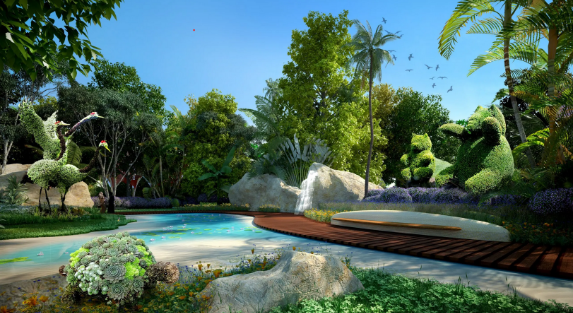
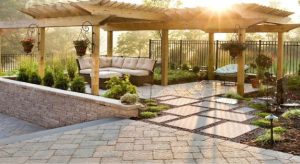
 .
.